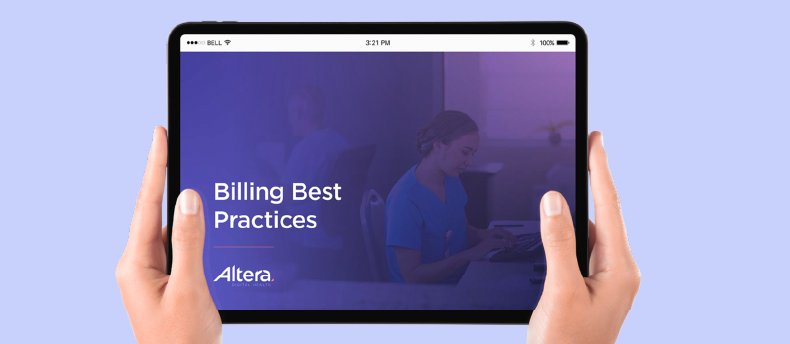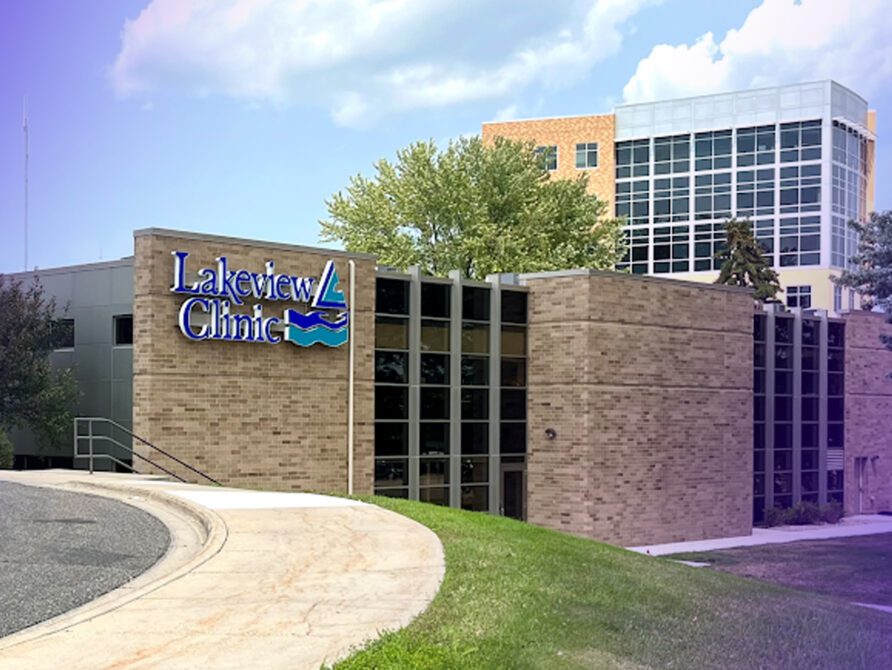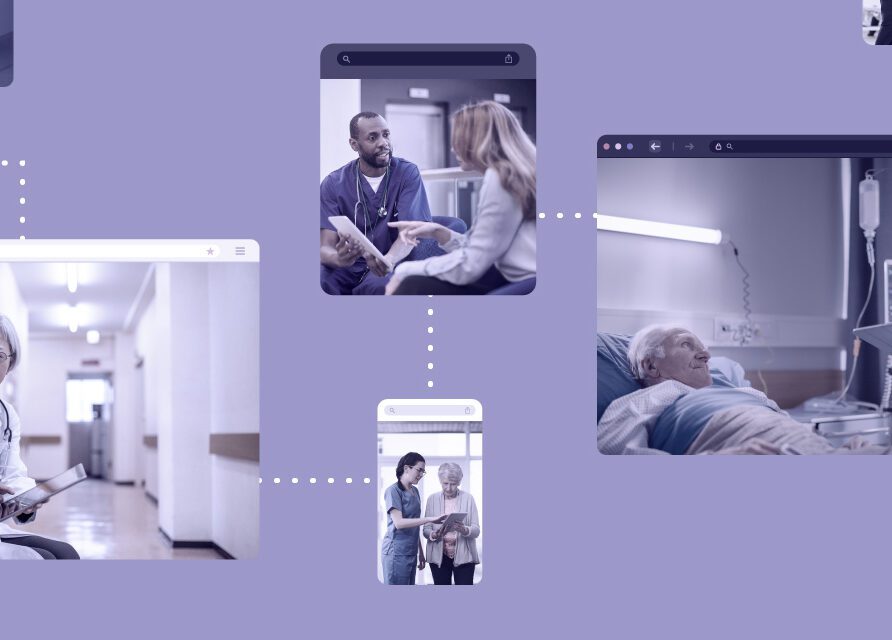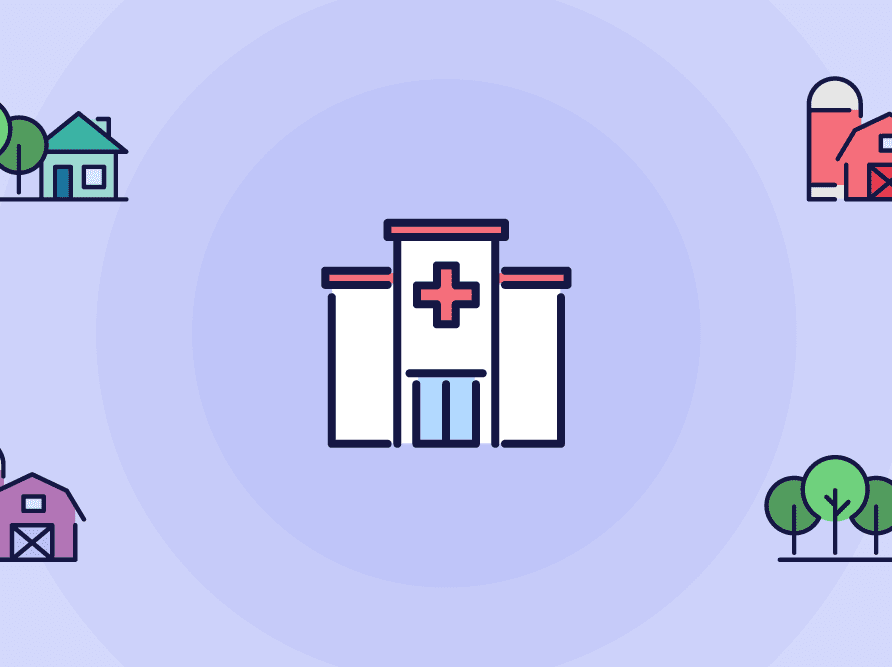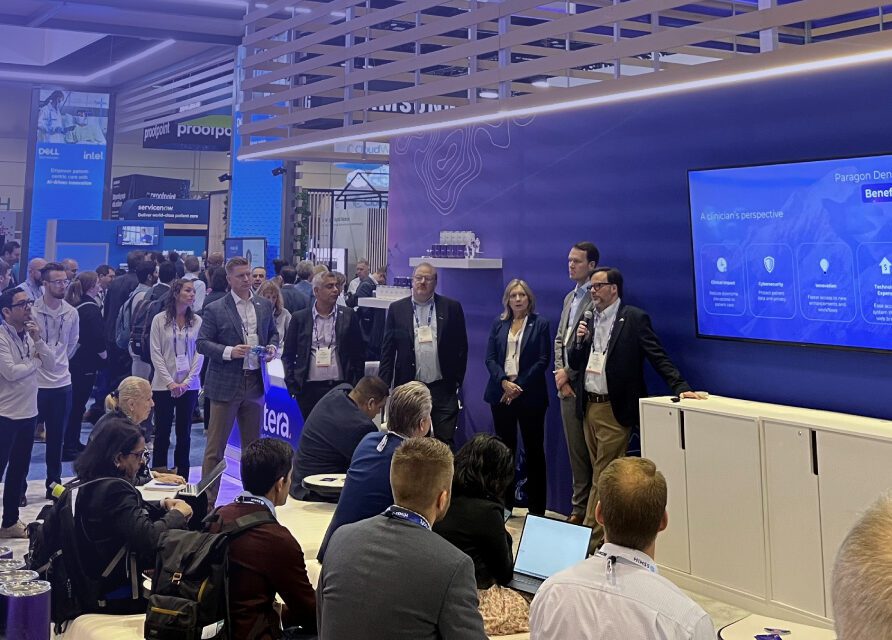FREE EBOOK
Reshape healthcare: Six billing practices to optimize your organization
Instant improvements to clinical workflows
The highly configured system has made major improvements to clinical workflows and patient safety. Clinicians can use tracking boards for better visibility of patients, and they also enable clinicians to prioritise patients by clinical need.
Matthew Little Chief Nursing Information Officer at the trust, said, "Clinicians can now see every patient's NEWS score in a dashboard, which helps ensure more effective decisions can be made more quickly. Configuring the system to enable this has improved patient experience, but also prioritised clinical needs at the same time."Worcestershire Acute Hospitals NHS Trust
Previously handwritten notes are now electronically inputted, eliminating the risk of illegible entries, saving time that was spent rewriting or interpreting notes. These notes can also be viewed by any clinician from any location, meaning on-call doctors can make more informed decisions more quickly.
Matthew Little continued, "Clinical time is precious, so being able to release time to care is really benefitting patients, improving the standards of care they are receiving. The system is enabling documentation to be completed more quickly and to a higher standard."
Reducing paper processes
It is also saving vast amounts of time that was spent rewriting or interpreting notes. Currently, more than 27,000 documents are created in Sunrise per day, significantly reducing the administrative burden on clinicians, who previously would have filled these out on paper.
Improved patient safety
The EPR is also helping increase safety for patient records as lost observations are less likely to occur and clinical teams can locate patient notes instantaneously. Records can be viewed by any clinician, resulting in safer care and improved clinical processes.
Looking to the future
Having quickly and successfully completed the first phase of its digital transformation journey, the trust is now looking forward to continuing its digital journey and increasing the functionality of its EPR. Given the high configurability of the system, the trust intends to continue making enhancements to the existing functionality, so it continues to meet the needs of the trust and its patients. In the next 12 months, as part of the second phase, the trust plans to go live with electronic prescribing and medicines administration (ePMA) as well as activate Sunrise EPR in its emergency departments.
Dr Anna Bayes, International Medical Director, Altera Digital Health, said, "The team at Worcestershire has demonstrated immense dedication to this major project go-live. Sunrise users are already benefitting from enhanced multidisciplinary communication, visibility of patient observations and serial assessments as well as reduced gaps in care. This is just the first step in Worcestershire's digital transformation, and we look forward to building on this momentum for even further benefits to be harnessed."
Related Insights

